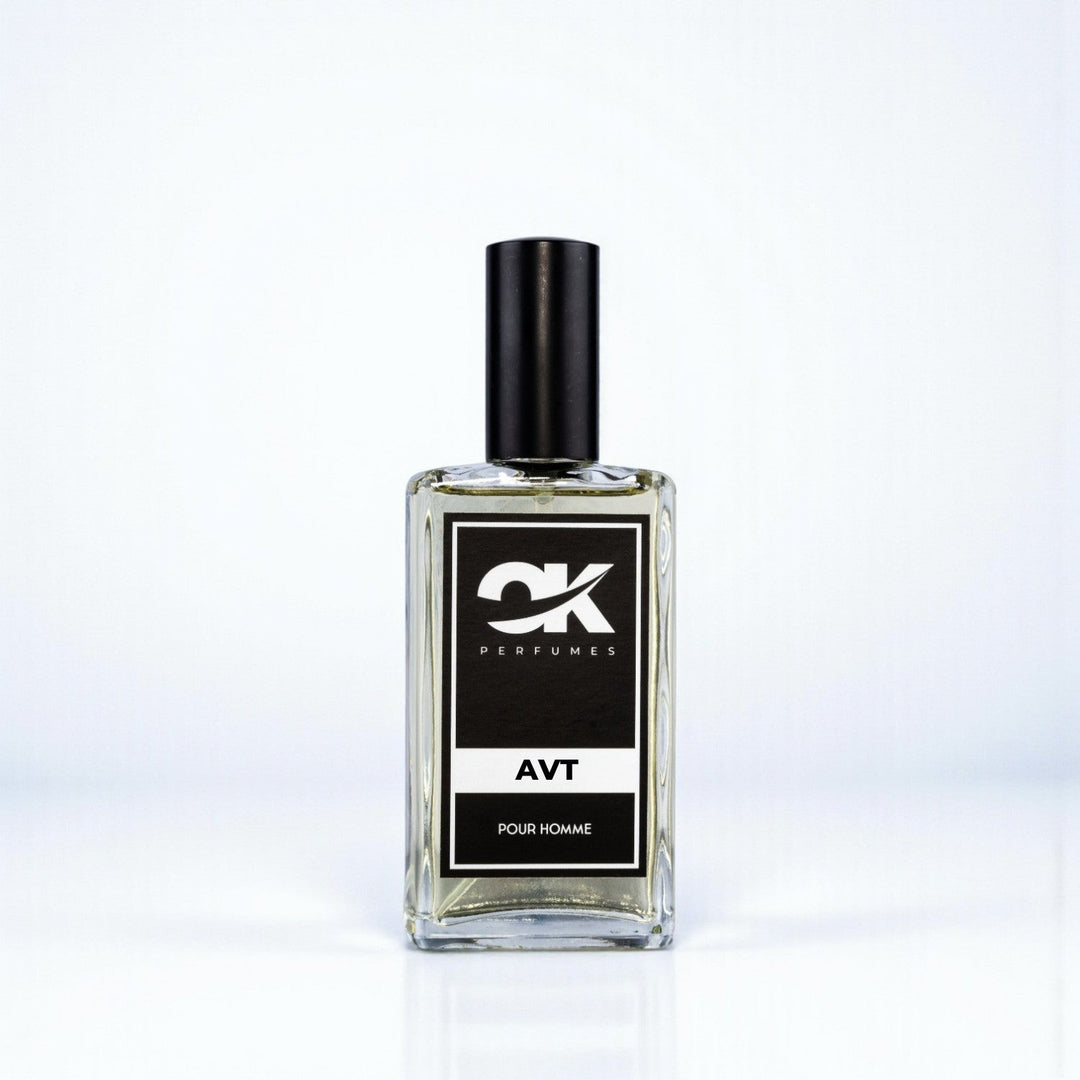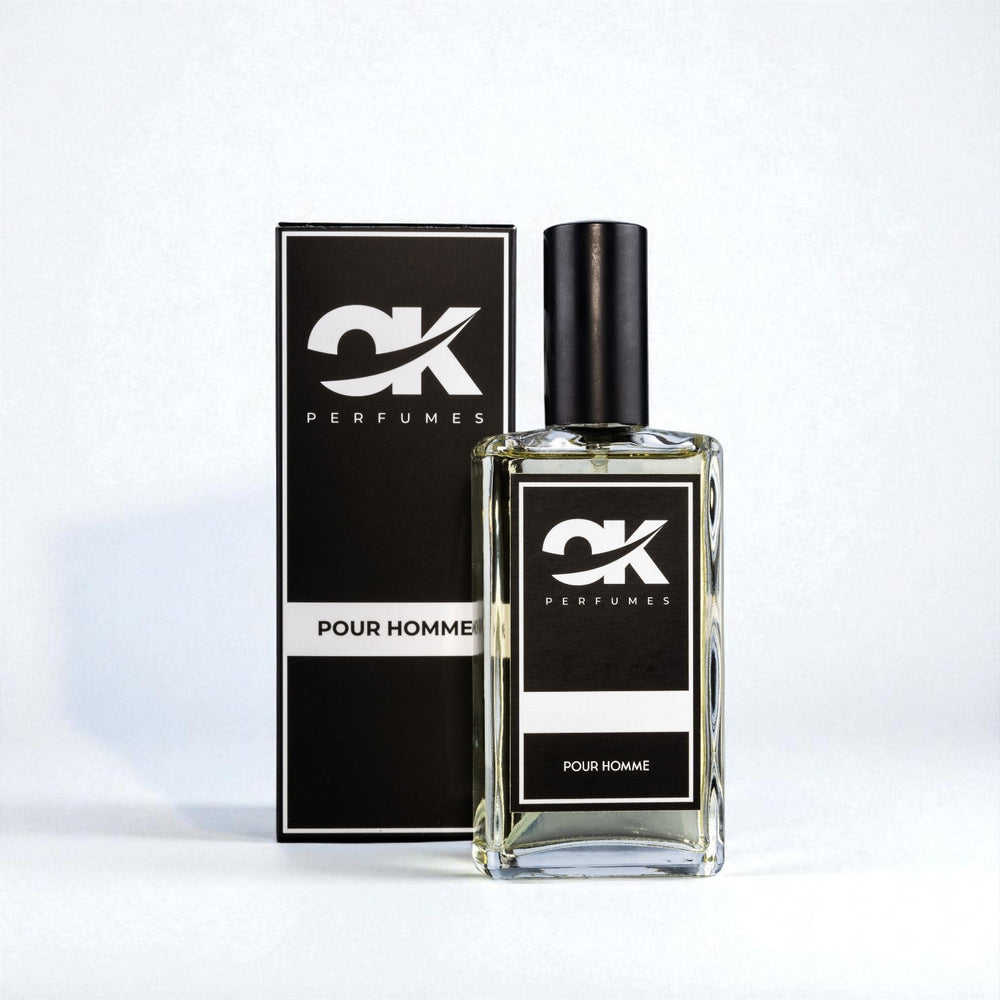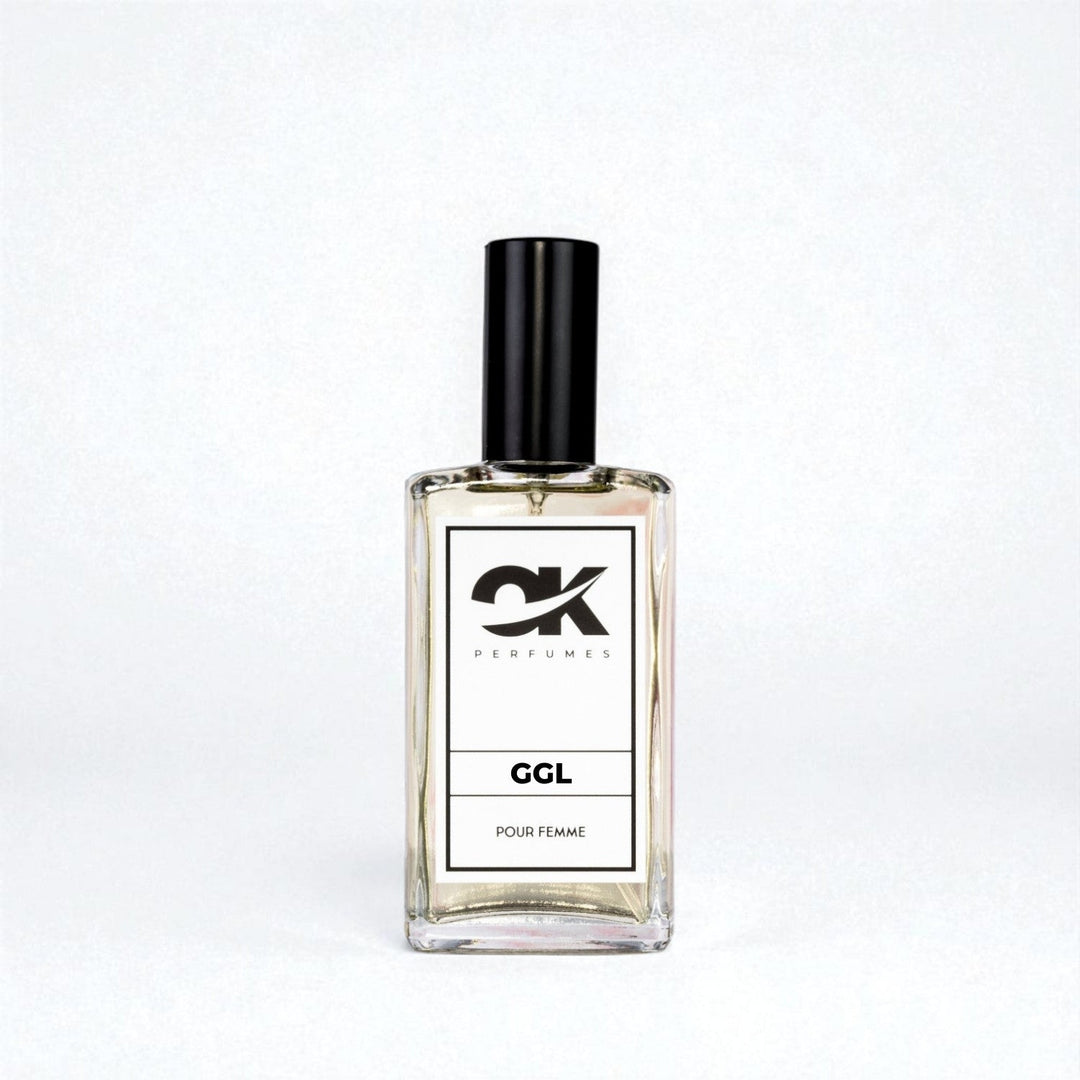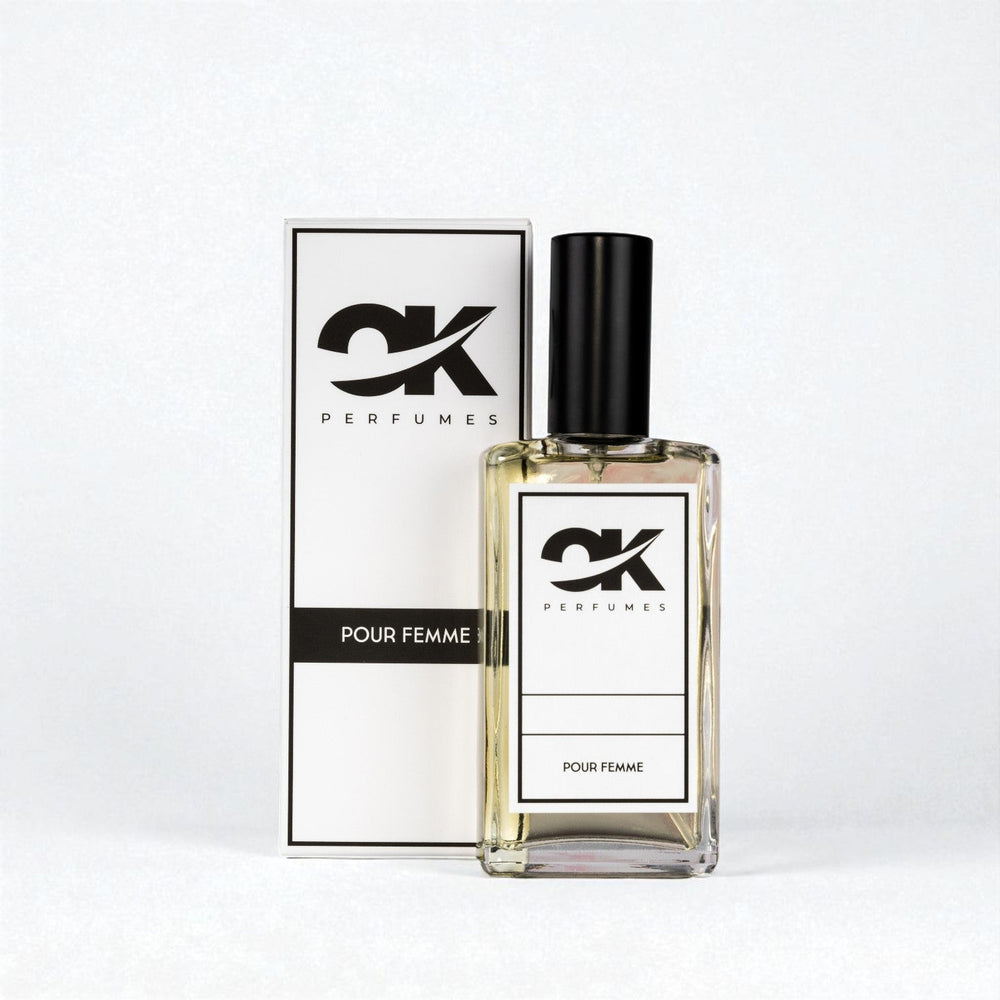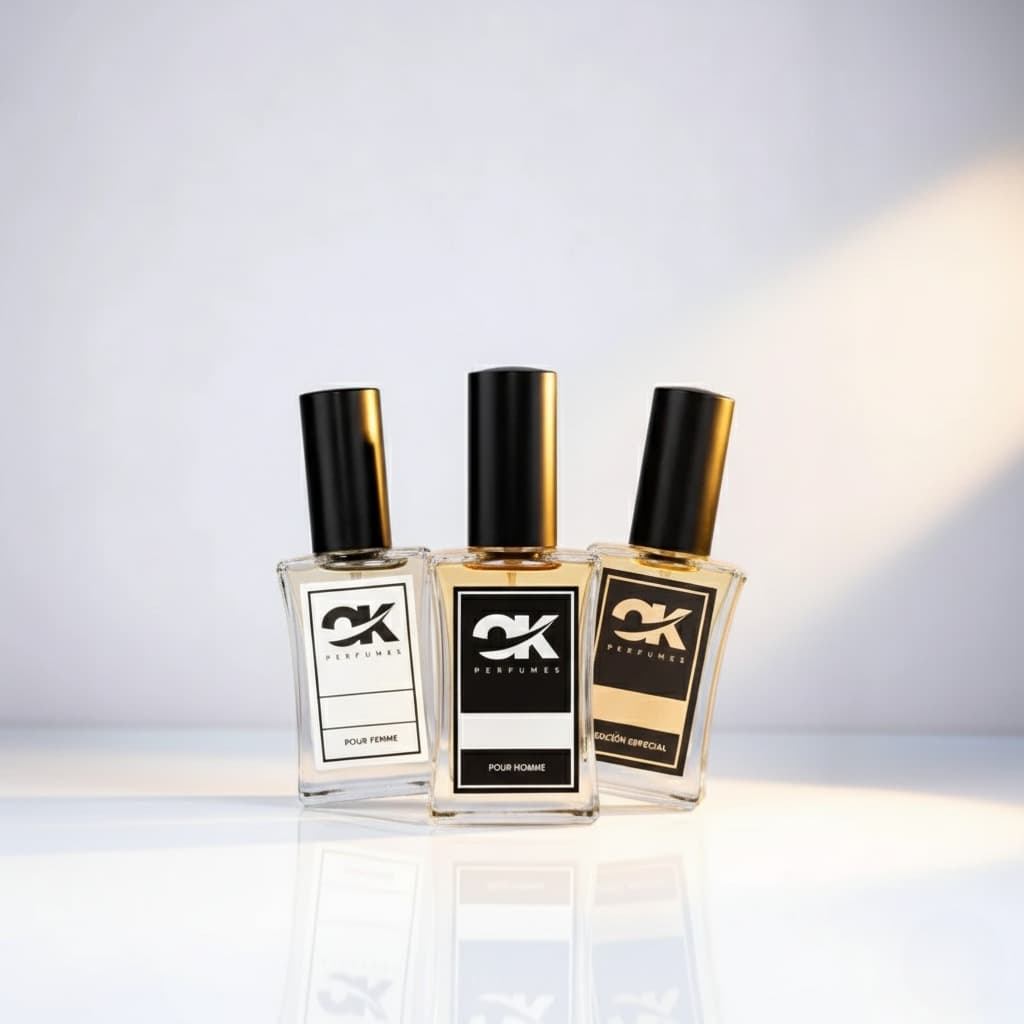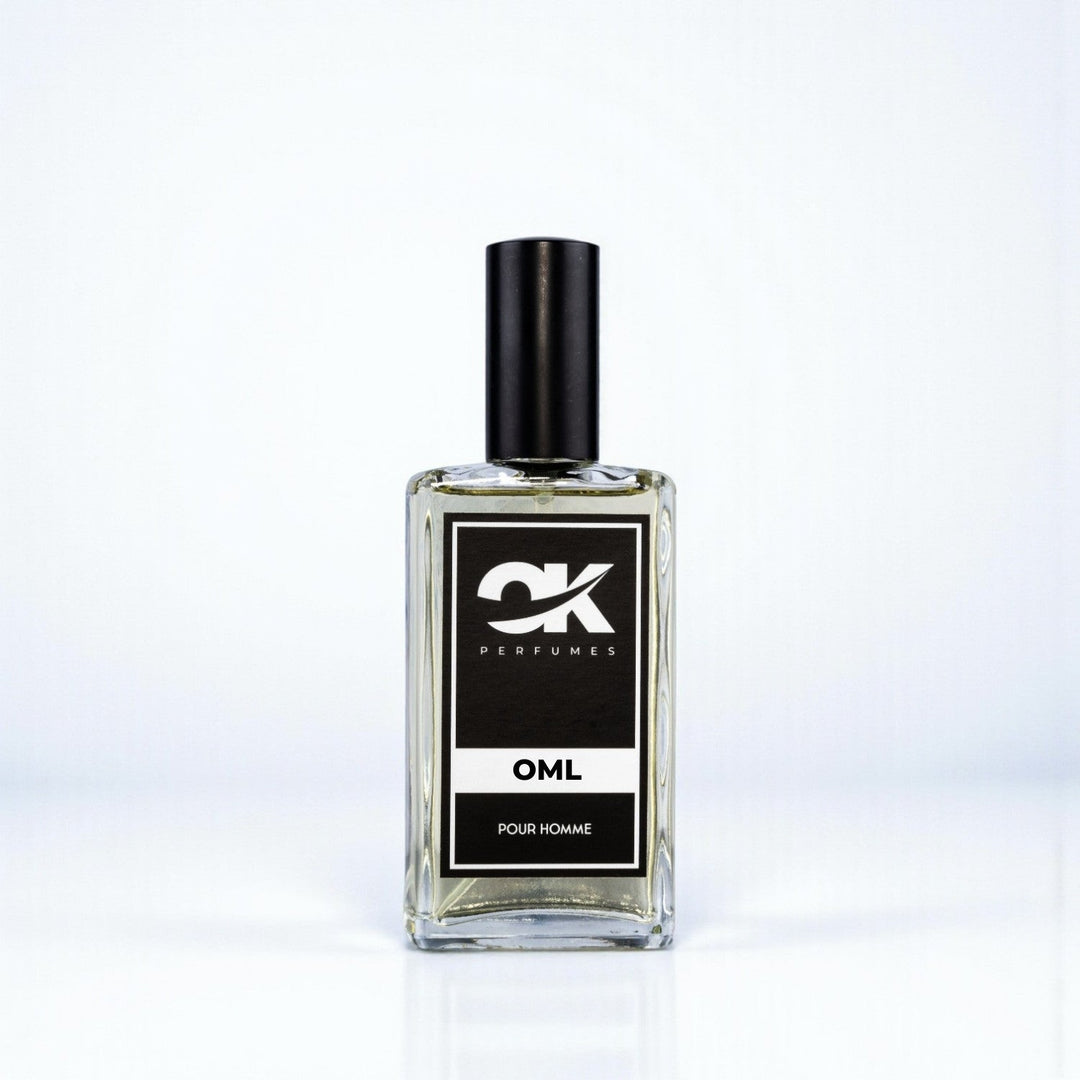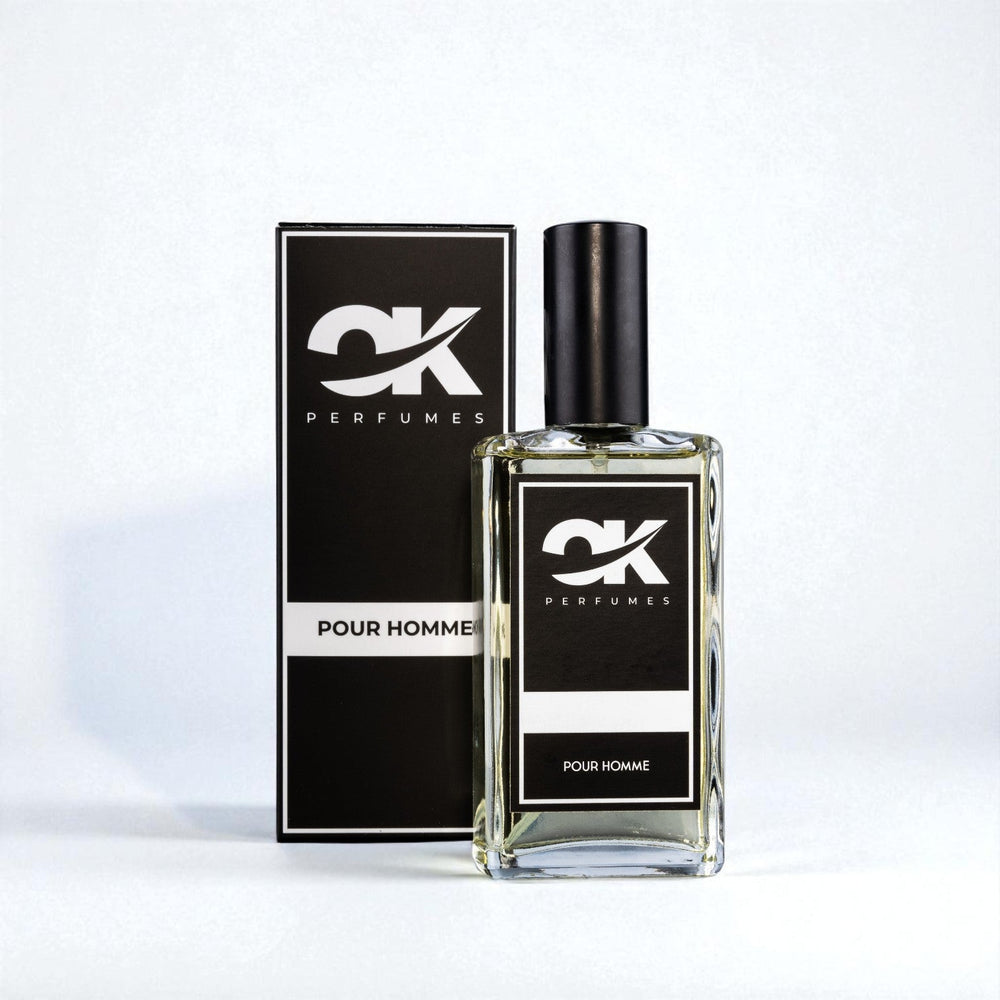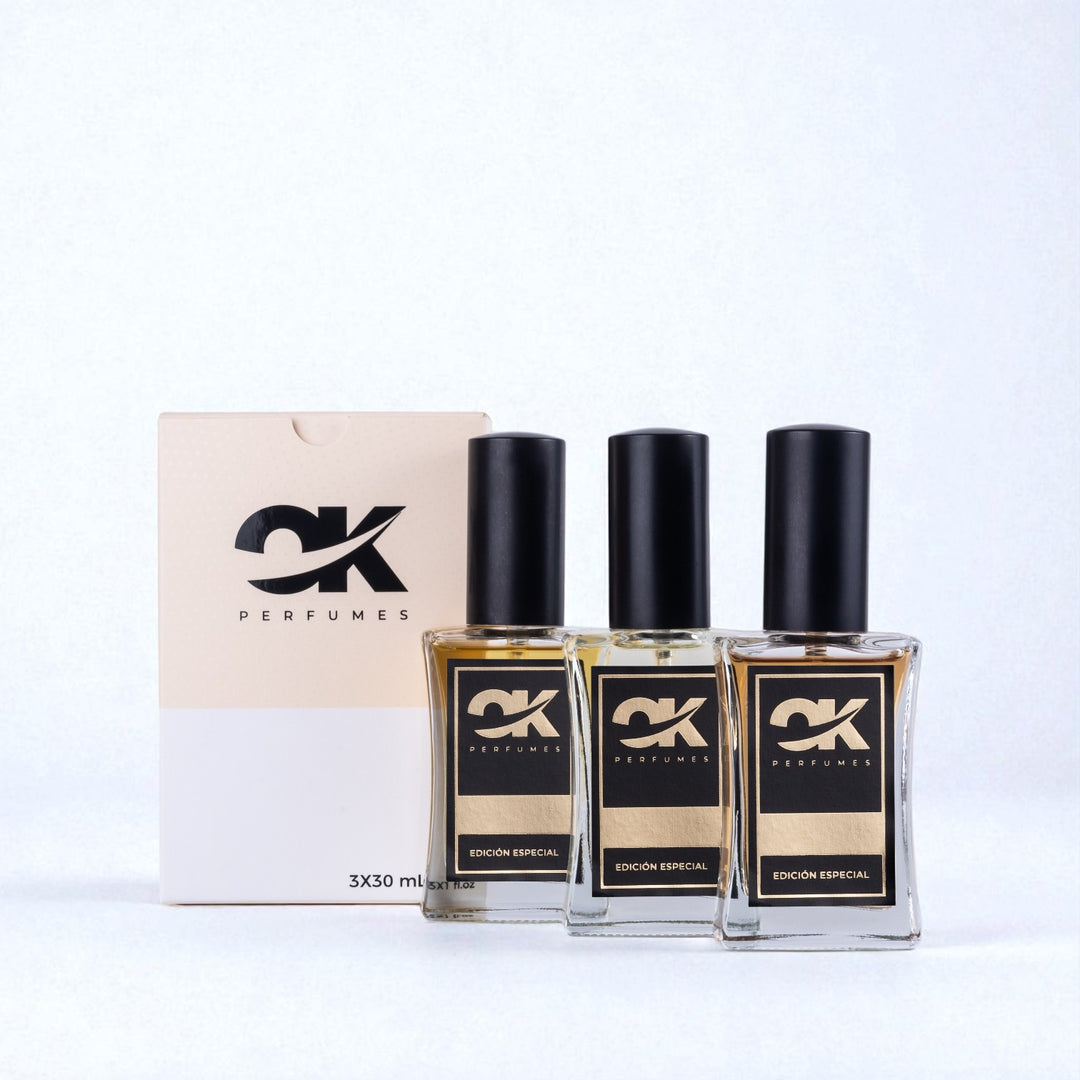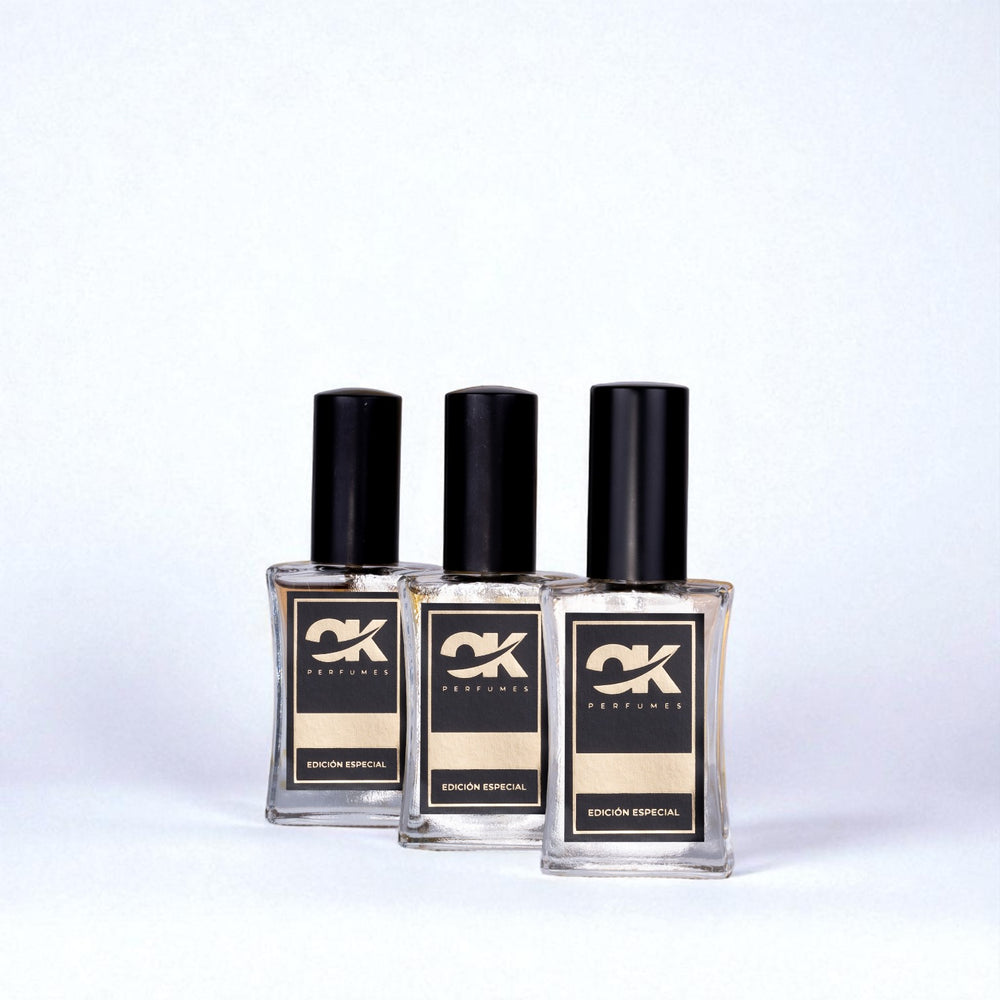The evolution of perfumes: from ancient to modern
Perfume has always been an integral part of human history. From mystical rituals in ancient times to luxury fragrances available in contemporary stores, scent has played a crucial role in people's lives. In this exploration of the history of perfume, we'll discover its evolution, its cultural meanings, and how we came to experience luxury perfume as we do today.
The origins of perfume in ancient times
The history of perfume dates back thousands of years, with different cultures using natural elements to create scents. Ancient civilizations such as the Egyptians, Sumerians, and Greeks were pioneers in the preparation and use of fragrances. Their use was linked to religious rituals, medicine, and, of course, personal pleasure.
Egypt: The cradle of perfumery
In ancient Egypt, the art of perfumery reached its peak. The Egyptians considered perfume a gift from the gods. They developed perfumes using ingredients such as frankincense, myrrh, and olive oil. These scents were not only enjoyed but also used in embalming processes and religious rituals. It was common for high-status people to wear luxury perfumes as a symbol of their wealth and social standing.
Mesopotamia and the use of essential oils
Further east, in Mesopotamia, the first flowers used in fragrances were cultivated. The Babylonians already combined these extracts with oils to create their perfumes. It was strongly believed that these scents could influence human behavior and consecrate objects, thus offering a connection between the human and the divine.
The Renaissance of Perfumery in the Middle Ages
With the fall of the Roman Empire, the art of perfume was almost forgotten in Europe. However, in the Islamic world, perfume production flourished. The Arabs perfected distillation techniques that allowed for purer essences and complex fragrances. These techniques were brought to Europe via trade routes, marking the renaissance of perfumery on the continent.
Arab influences in European perfumery
Europeans began experimenting with the techniques of Arab alchemists, creating perfumes that reflected the region's rich cultural heritage. Some of the most prized fragrances during this time were made with roses and other flowers, echoing the Arabs' approach to creating fragrances from natural ingredients.
The rise of the perfume industry in the 18th century
With the development of modern chemistry during the 18th century, perfumery became a true industry. Synthetic chemicals began to be used, revolutionizing perfume creation. This era also saw the birth of the first perfume houses, offering luxury fragrances that became etched in society's collective memory.
France: the epicenter of perfumery
France emerged as the center of the perfume industry, with Grasse becoming the world's perfume capital. This small town specialized in the manufacture of luxury fragrances, offering a variety of scents that dazzled the French court and later the entire world. Here, the art of blending essences and creating perfumes became a highly valued tradition.
20th Century: Modernity and the Commercialization of Perfume
The 20th century brought with it important innovations in the perfume industry. The popularity of film and pop culture fueled the desire for iconic fragrances, which were, in many cases, extensions of celebrities' personalities. Brands began associating their perfumes with public figures, creating a marketing style that would set the tone for the future.
Iconic perfumes and their legacy
Fragrances like Chanel No. 5 emerged as synonymous with luxury and elegance. These creations not only became covetable options but also defined trends in price and presentation. Advertising campaigns highlighted not only the essence of the perfume, but also the status that came with wearing it.
Perfumery Today: New Trends and Sustainability
Today, the world of perfumery has evolved beyond what ancient people could have imagined. The creation of luxury fragrances now also takes sustainability and ethics into account. Emerging brands are exploring the use of natural ingredients and responsible production practices, seeking to appeal to an increasingly conscious market.
Trends in personalized fragrances
One of the most exciting trends today is fragrance customization. Consumers increasingly want fragrances that reflect their own identity. Brands are offering experiences where customers can create their own combinations, establishing a more personal connection with the final product. This also influences pricing, as exclusive products often come at a higher price.
The Future of Perfume: Technological Innovations
As we move toward an increasingly digital future, the perfume industry is beginning to experiment with innovative technologies. From using artificial intelligence to develop new fragrances to augmented reality, allowing customers to virtually "try on" perfumes, the possibilities are endless.
The impact of social media on perfumery
Social media platforms have transformed the way brands engage with consumers. Fragrances are being promoted through influencers and online reviews, which directly impacts the perception of perfume quality and price. This new era of marketing has democratized access to luxury fragrances and created new opportunities for fragrance discovery.
The emotional connection of perfumes
Throughout history, perfumes have had a profound emotional impact on people. Scent can evoke memories, feelings, and special moments. This is what makes a perfume much more than just a fragrance; it becomes an important part of personal identity.
Building memories through fragrances
The emotional connection we have with a perfume is powerful. Many people associate certain scents with significant events in their lives, such as weddings, vacations, or moments of happiness. This ability of perfumes to evoke emotions has helped maintain their relevance and popularity throughout the centuries.
Boosting your perfume collection
With so many scents and options available, building a perfume collection can be an exciting and rewarding journey. Investigating the notes of different fragrances, and exploring the emotions and context of each scent, can enrich the purchasing and wearing experience. Being a perfume connoisseur not only enhances the enjoyment of fragrances but also allows consumers to explore the history and culture behind each bottle.
Whether you're looking for a luxury fragrance for a special occasion or simply want to explore new scents, understanding the rich history of perfume can add a new level of appreciation to your collection. Fragrance prices can vary widely, and it's always helpful to do your research and compare before making a purchase.
An unparalleled olfactory journey
The history of perfume is a rich narrative that connects us to the ancient, the modern, and the wonderful within scent. By understanding its evolution, we not only appreciate the luxurious fragrances we wear on our skin, but we also celebrate the journey perfumery has taken throughout history. So, every time you inhale a fragrance, remember that you're not just smelling a scent; you're experiencing centuries of history and culture that have shaped your choice. So, why not embark on your own olfactory journey today and discover the wonders the world of perfume has to offer?
Discover the creations of a fellow Shopify or Wix store owner. Check out their online store here . Please remember that this is a promotional link, and we are not responsible for the content of the linked store.




